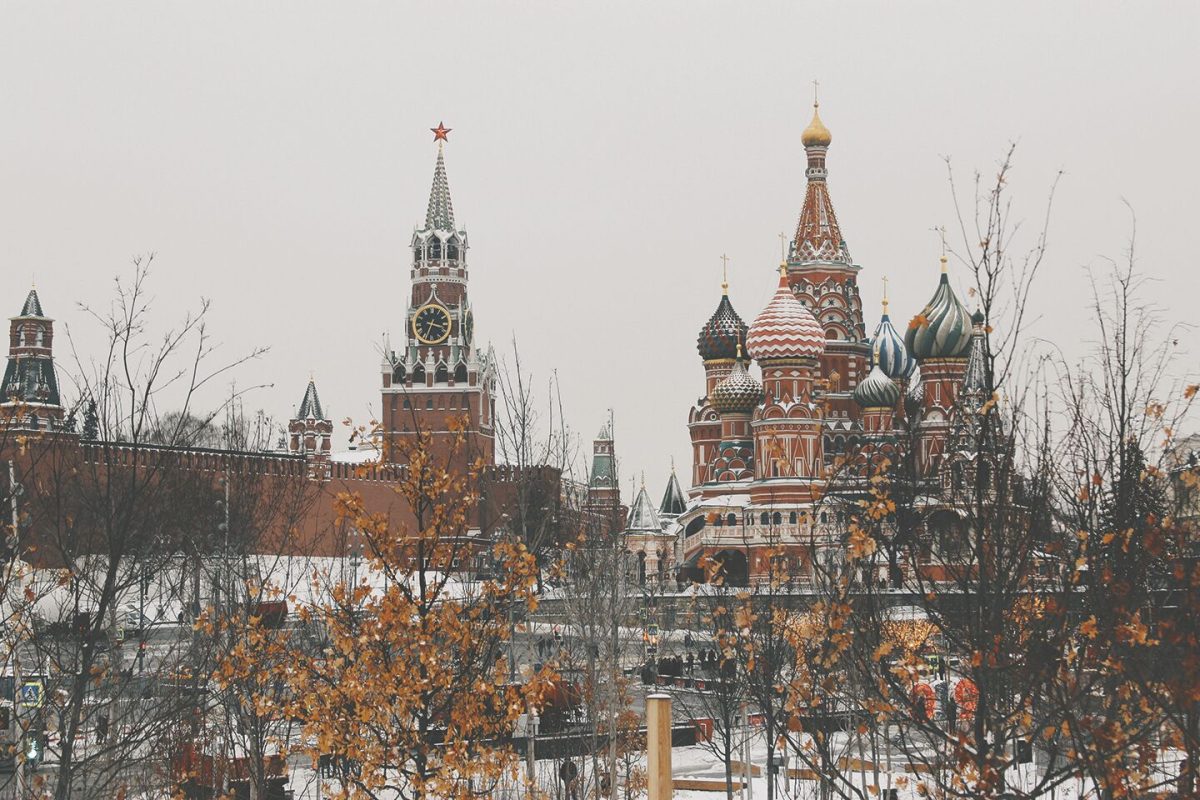Last Friday, Russia enacted a new regulation on news media operating within the country, making it illegal to publish information that contradicts the Russian government or military.
This move by the Kremlin to further limit the spread of information is a stark display of the growing escalation of the war in Ukraine, as Russia doubles-down on restricting public dissent.
The law presents a significant fine of 1.5 million rubles (roughly $15,000), imprisonment or compulsory labor for those who circulate “deliberately false information”, according to TASS, a Russian state-owned news agency.
Punishment under the law varies, depending on factors like if the information was published for political or ideological reasons. If so, maximum imprisonment can be up to 10 years. Other factors like whether the “fake information entails grave consequences” can result in imprisonment for 10 to 15 years.
The seemingly-vaguely worded law has caused several Western media organizations to withdraw from coverage within Russia, including Bloomberg, CNN, the BBC and others. The legislation “appears to criminalize the process of independent journalism,” according to Tim Davie, director-general of the BBC.
Many organizations are still covering Russia in the Russian language but will face difficulties reaching an audience within the country due to legal restrictions on foreign media.
Independent Russian publications have also shut down following the signing of this law, as they weigh the risks of releasing information that could be seen as false. The Russian internet censor board, Roskomnadzor, has warned that referring to the conflict in Ukraine as a “war” instead of a “special military operation” will result in the website being blocked.
“[The law was] necessary and urgently needed during these difficult times,” said Dmitry Peskov, spokesperson for Russian President Vladimir Putin, “[There is] an information war waged against our country.”
Low morale among Russian troops, as reported by The Washington Post, could be made worse by the reports from the front lines in Ukraine. Civilian attacks during ceasefires and continued resistance by Ukrainian forces have led some soldiers to surrender without a fight, according to a senior U.S. defense official. Protests against the conflict in Russia have also increased in size over recent days, with more than 10,000 people detained in under two weeks, according to the BBC.
While the Russian government has an interest in pushing a narrative that supports its endeavors, the misrepresentation of the truth only hurts the Russian people. Independent journalism is not perfect, but its perspective strikes a middle that is closer to the truth.
Not paying mind to the issues of an institution will leave them with boundless power, which in this case can only serve to a detrimental end. Lives are at stake, and the soldiers fighting a war deserve to know what they are fighting for – and who they are fighting.
This is nothing new, however. The world has seen what happens when an autocrat deceives his populace, vying for support by way of lies. In the present day, China also frequently blocks access to information and employs state-owned media to spin the story.
Russia’s new censorship law joins these other powers in leading through propaganda. This a division of the world across new lines: the world led by an objective truth, and the world led by a subjective truth.
This editorial is the collective opinion of The Tiger’s Editorial Board, a group of representatives for The Tiger. The group is made up of the executive editors and Outlook leadership. We meet every other week to discuss topics relevant to the Clemson community and broader topics from around the country.
Editorial: The Iron Curtain of information
The Tiger Editorial Board
March 10, 2022
0
Donate to The Tiger
Your donation will support the student journalists of Clemson University. Your contribution will allow us to purchase equipment and cover our annual website hosting costs.
More to Discover
















